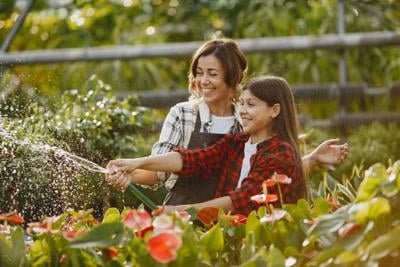Cultivating joy: Embarking on a garden journey
By Dana Cook
WSU Chelan/Douglas County Master Gardener


In our fast-paced world dominated by technology, dopamine hits and instant gratification, gardening can be a fulfilling and grounding (pun intended) hobby. But to a beginner, the prospect of cultivating a garden can be daunting. What to plant? Where? When? Over the coming months, I will demystify the essentials, guiding you through the basics of selecting a garden space, understanding soil and choosing the right plants.
Before delving into the how-to of gardening, let’s explore why gardening is a perfect antidote to today’s relentless demands for our attention. Few hobbies offer more physical, psychological, social and ecological benefits.
More than a mere pastime, gardening is classified as moderate physical activity, according to the Centers for Disease Control and Prevention (CDC). Yet, let’s not reduce it to “exercise.” We all know what often happens when we commit to an “exercise program.”
Taking care of your green companions by digging a hole for their home, spreading nutritious soil to sustain them and plucking weeds from their surroundings is far more enticing than a conventional workout routine. But gardening can burn 210-420 calories per hour for those motivated by quantifiable data.
Exposure to sunlight is another essential health benefit of gardening. Sunlight helps us create Vitamin D. In a UW Medicine Newsroom video, UW Medicine diet and nutrition specialist Morgan Chojnacki said 40% of American adults are Vitamin D deficient. Gardeners can increase Vitamin D levels by 8,000-50,000 international units (IU) with just 30 minutes spent in the sun.
Gardeners tend to be happy people. Some research indicates that inhaling the naturally occurring soil bacteria Mycobacterium vaccae might trigger the release of serotonin, the feel-good chemical.
Gardening can be a mindfulness practice, like meditation, offering stress relief. There is even a profession dedicated to using gardening as a treatment modality. Horticultural therapists use “the cultivation of plants and gardening activities to improve the mental and physical health of its participants,” according to the Horticultural Therapy Institute website (htinstitue.org). Regardless of the science, there’s an undeniable joy in playing in the dirt. Have you ever been unhappy making a mudpie?
While gardening can be a solitary endeavor, amplify the benefits by sharing with family, friends and the community. Encouraging kids to step away from screens and engage in the wonders of nature fosters valuable life skills, patience and responsibility. (Don’t tell them it’s exercise!) Older adults and younger children can connect through gardening to improve intergenerational relationships. Join a garden club or community such as the Washington Native Plant Society or the North Central Washington Dahlia Society. You can join the WSU Master Gardeners to learn more and support the community in gardening efforts. After all, few things strengthen neighborly relations more than sharing a homegrown tomato.
Supporting Mama Earth becomes second nature through responsible gardening practices. Preventing erosion, supporting beneficial insects and birds, and reducing carbon dioxide in the atmosphere are just a few ways gardening contributes to a green planet. Protecting our native pollinators is particularly interesting – especially if you like to eat! The U.S. Department of Agriculture reveals that 35% of the world’s food crops depend on pollinators. Without pollination, there would be no tangy, sweet, crunchy bite into the perfect Honeycrisp apple.
I hope to have convinced you that gardening is the perfect hobby by outlining only a few of its benefits. In my March column, I will delve into choosing the ideal garden space and location to set the stage for your transformative garden journey.
A WSU Chelan and Douglas County Master Gardener column appears weekly in The Wenatchee World. To learn more, visit bit.ly/MGchelandouglas or call (509) 667-6540.
